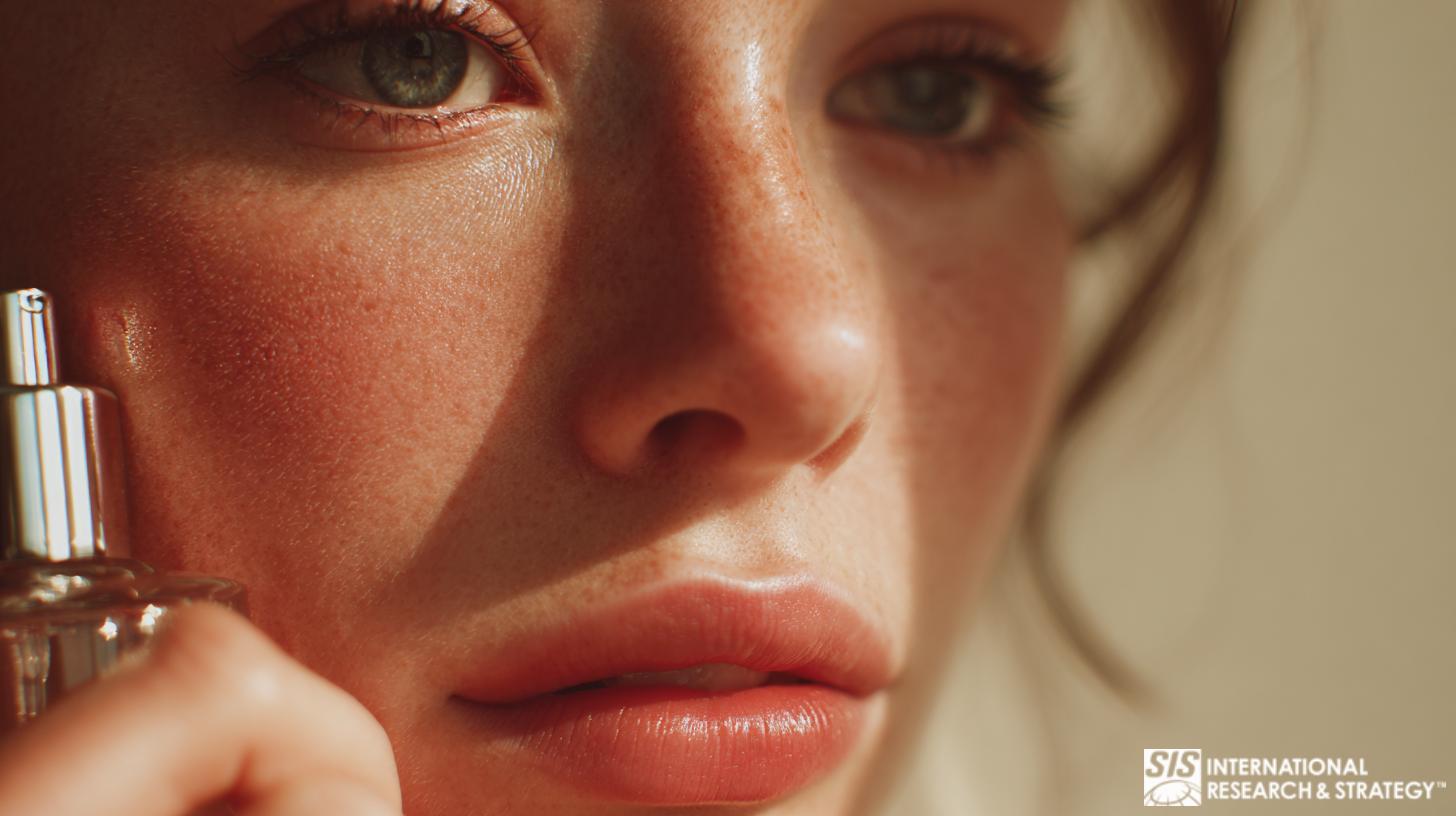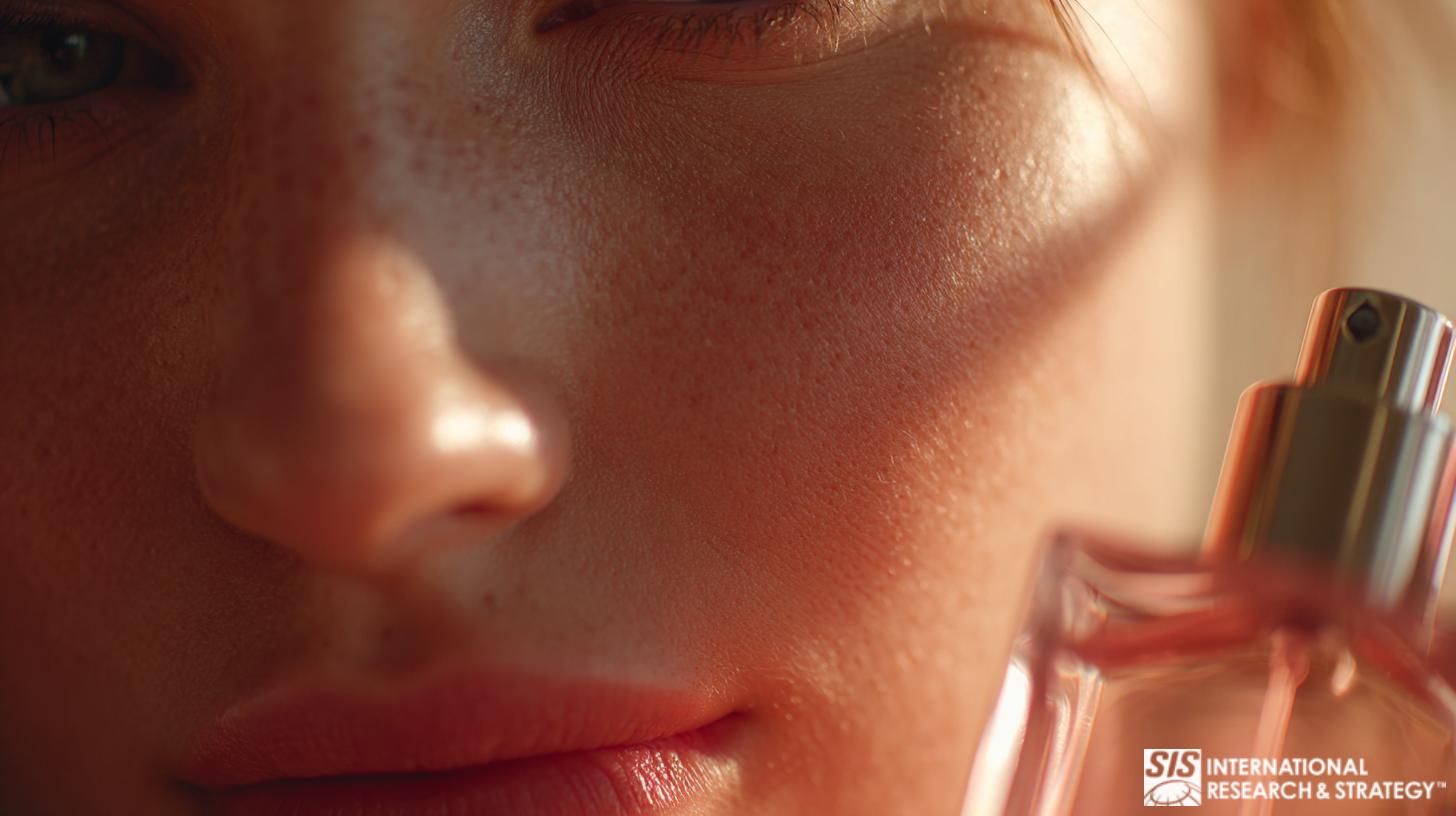
美しさはビジネスを意味します。
Cosmetics are often considered a “low-involvement” product, meaning customers often spend little effort choosing between different products. In an age of cosmetic conglomerates rapidly reverse-engineering products, companies are finding that an emotional connection can be an effective way to build brand loyalty. Loyalty is important because it can lower customer acquisition costs, which can be high in the beauty market.
We conducted ethnography with women aged 18-22 for a major global cosmetics company.
We shadowed women who used cosmetics daily and spent a considerable amount of money per week on cosmetics in order to understand their daily routines, shopping habits, and customer needs regarding cosmetics. The findings were fascinating and indicated that women mostly used cosmetics to satisfy functional needs, such as concealing blemishes and oily skin. But the research also found a large opportunity to capture the emotional benefits of the product, such as bonding with other women.
Make up was an art satisfying needs for control, fun, self-expression, and confidence
Beyond the functional uses for cosmetics, an emotional connection emerges when both functionality and a positive usage experience are satisfied. Make-up is overwhelmingly intertwined with social dynamics. Friends are often “influencers.” Marketers need to treat friends as important influencers in the purchasing process, just as a cereal company considers children as influencers in the purchasing decisions of their parents. Even though cosmetic addicts may “cheat on” their favorite product in euphoric shopping experiences, they consistently come back to products with which they have emotional connections.
美容マーケティング担当者にとっての機会:
- 化粧品を「ソーシャル」化粧品として位置付け、女性が友人と一緒にいるというポジティブな連想をブランドに結び付ける
- コミュニケーションに社会的側面を取り入れることで、マスカラのような低関与の化粧品との感情的なつながりを構築できる可能性がある。
- 友人と一緒にいることのポジティブな感情と
- パーティーや女子同士の交流など、製品に関するユニークなソーシャル体験を創出する



